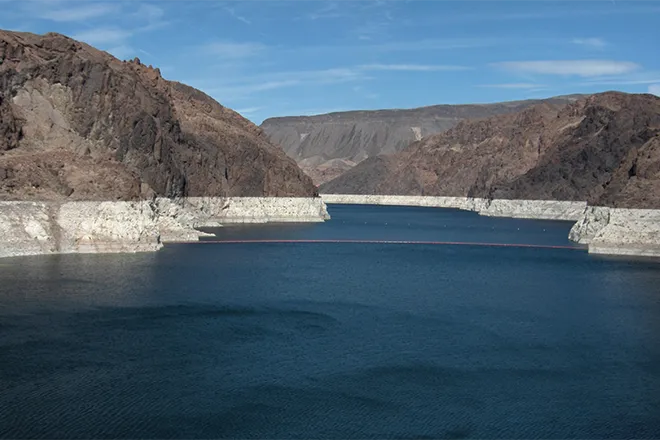
The Yonder Report: News from rural America - May 23, 2024
News from rural America.
TRANSCRIPT
(upbeat music)
For the Daily Yonder and Public News Service, this is the news from rural America.
A newly opened health clinic on Oregon's Grand Ronde Reservation aims to help a Native American community care for its own and advance tribal sovereignty.
Kelly Rowe, who leads the Confederate tribes of Grand Ronde, says preventative services, vaccines, dental care, and nutrition classes support community well-being.
They're very committed to providing healthcare and providing as much as possible for the membership.
Tribal members say this self-reliance is non-negotiable because of their long history of mistreatment by the federal government.
The clinic also means members don't have to travel long distances to access healthcare.
And the whole thought behind the big clinic was to bring everything here to Grand Ronde so people could get it without having to travel.
How do you farm in a semi-permanent drought?
Anya Slepian reports water-saving innovations in Southwest Colorado may provide some answers.
Increasingly dry conditions from climate change are forcing Colorado farmers like Dan Hobbs to adapt.
Hobbs has developed a specialty in heritage seeds and grains from dry parts of the world, like the African Sahel, which are more heat and drought resistant than typical American grains.
We're really on this continual search for things that are fast maturing, heat tolerant, and can handle some water stress.
Experimentation may be critical for American farming, but it's not always profitable.
Hobbs got a grant from the Livability, Opportunity, and Responsibility Foundation.
LOR supports agricultural research in five states in the Mountain West with the aim of cutting water use.
With all the focus on climate change and what's happening in the Colorado Basin, it just has gone to another level of urgency.
I'm Anya Slepian.
Starting in 1947, Smokey Bear told us, "Only you can prevent forest fires."
Seven decades later, it turns out mushrooms can also help.
The practice of thinning forests to prevent huge wildfires creates piles of highly flammable wood.
But if done properly, Western forest manager Jeff Ravitch says mushrooms can break them down safely through fungal decay, a process he calls cold fire.
It's really doing the same thing as fire, and it doesn't release heat, so it doesn't cause runaway catastrophic fires.
Ravitch says mushrooms might also help restore farmland, where the soil's been depleted by artificial fertilizer and pesticides.
We're now finding evidence that it could be useful in sequestering carbon back into the soil.
Smokey Bear wasn't pitching carbon capture 77 years ago, but he still has fans.
His public service campaign is the longest running in US history.
Remember, only you can prevent forest fires.
For the Daily Yonder and Public News Service, I'm Roz Brown.
For more rural stories, visit dailyyonder.com.

















